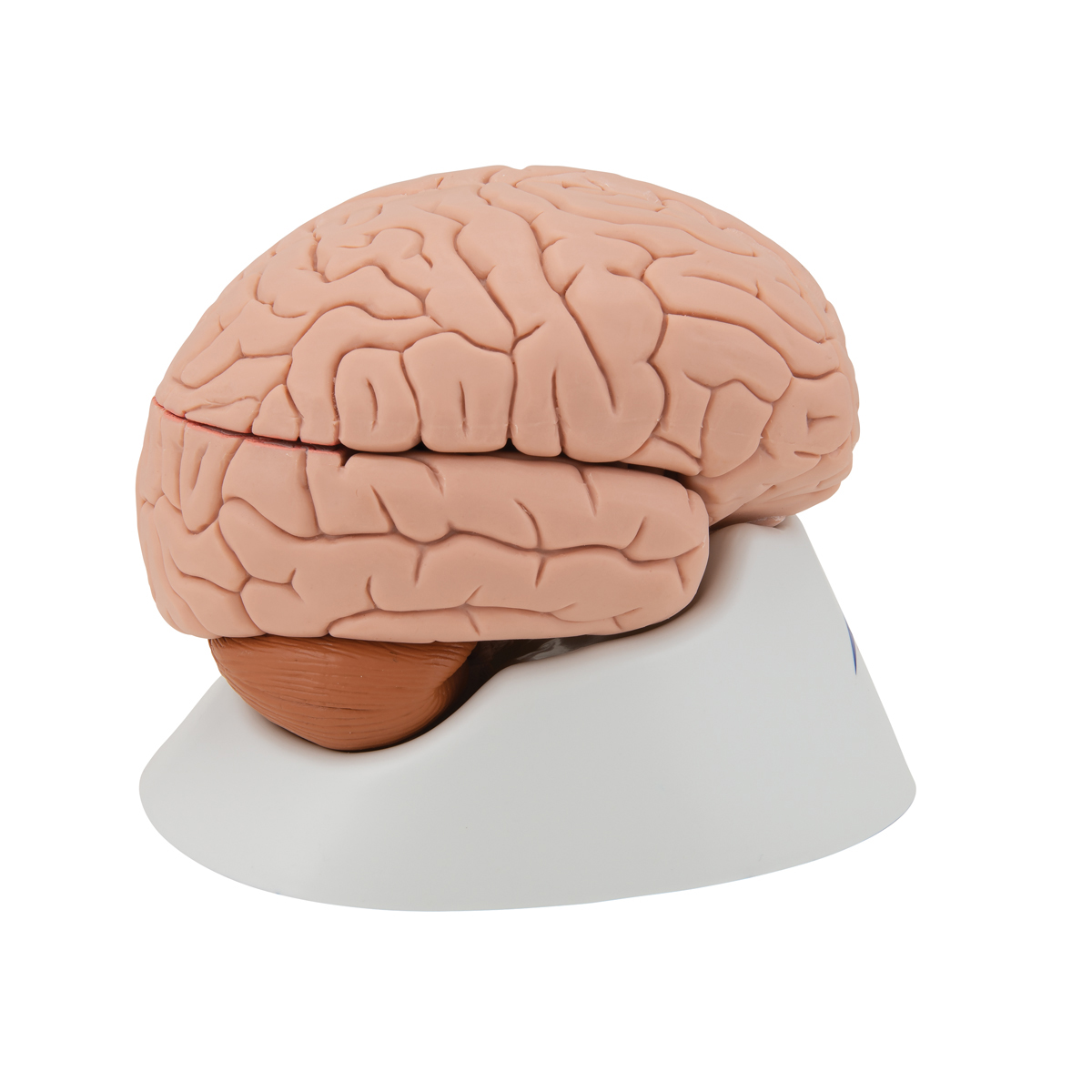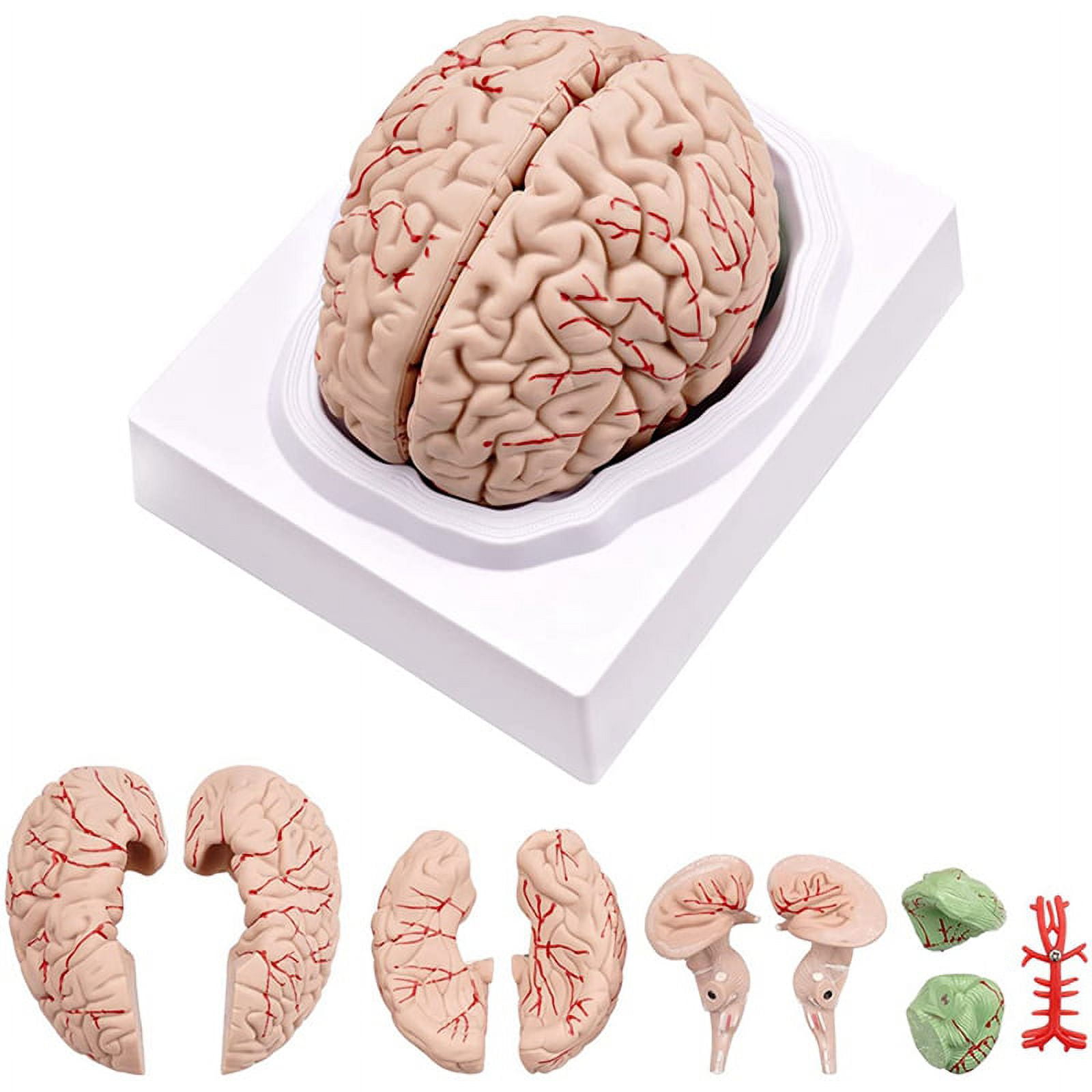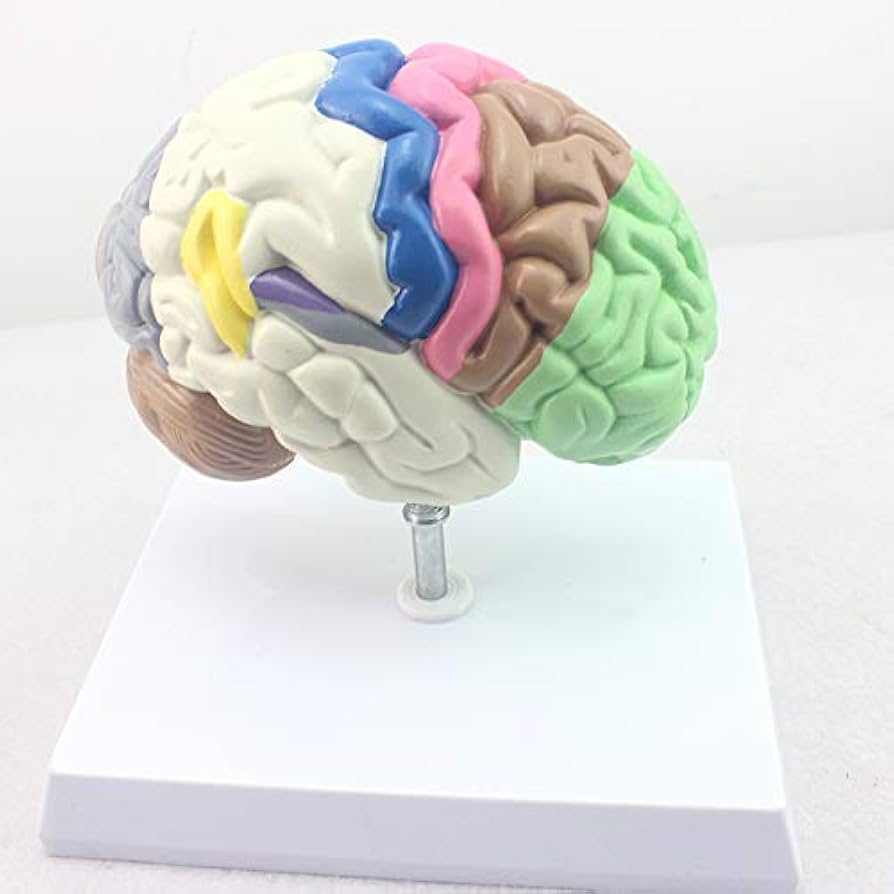Understanding Caffeine and Brain Fog
Caffeine is a widely consumed stimulant found in coffee, tea, energy drinks, and soft drinks. Many people rely on caffeine to enhance alertness, boost energy, and improve concentration. However, an increasingly common experience is caffeine-induced brain fog. This phenomenon occurs when individuals consume excessive amounts of caffeine, leading to several cognitive impairments. It can result in feelings of confusion, fatigue, and decreased focus. Understanding how caffeine affects the brain is essential in mitigating these adverse effects and enhancing productivity.
The Science Behind Caffeine
Caffeine works by blocking adenosine receptors in the brain, which prevents feelings of drowsiness. This mechanism is primarily responsible for increased alertness and focus following caffeine consumption. However, excessive caffeine disrupts the delicate balance of neurotransmitters in the brain. Chronic overstimulation can lead to anxiety and irritability, which can exacerbate feelings of brain fog. Furthermore, caffeine can alter sleep patterns, reducing the quality of restorative sleep.
Poor sleep quality directly impacts cognitive function. Disrupted sleep patterns can lead to increased brain fog the following day. Caffeine, while initially boosting energy, can create a cycle. Individuals may rely on it to compensate for impaired sleep, leading to further disturbances. As the body builds tolerance to caffeine, larger doses are required to achieve the same effects. This can exacerbate the risk of experiencing brain fog and cognitive fatigue.
Importantly, hydration plays a role in caffeine’s effects. Caffeine can have a mild diuretic effect, potentially leading to dehydration. Dehydration contributes to cognitive decline and feelings of lethargy. It becomes crucial to balance caffeine intake with adequate hydration. Understanding these mechanisms can help minimize brain fog and improve overall mental clarity.

Recognizing Caffeine-Induced Brain Fog
Identifying the signs of caffeine-induced brain fog is critical for addressing the issue effectively. Symptoms may include difficulty concentrating, forgetfulness, and feelings of mental fatigue. Moreover, individuals may experience irritability or mood swings as a result of excessive caffeine consumption. It can also lead to a sense of haziness, where thoughts feel cloudy. When individuals find it challenging to focus or feel fatigued, these could be signs of brain fog caused by caffeine.
Those who consume multiple caffeinated beverages throughout the day may be particularly susceptible to these symptoms. It becomes essential to track caffeine intake and note any correlation between consumption and feelings of fatigue or confusion. Observation can help individuals determine personal tolerance levels. For some, even moderate caffeine intake may trigger brain fog. Recognizing personal limits can foster better dietary habits and improve cognitive performance.
Additionally, understanding individual responses to caffeine is vital. Some people metabolize caffeine more slowly than others. This slower metabolism can lead to prolonged effects and increased susceptibility to brain fog. Individuals should evaluate their caffeine intake regularly and adjust as necessary. By becoming aware of caffeine-induced brain fog, one can take necessary steps to reduce symptoms.
Strategies to Reduce Caffeine Intake
Reducing caffeine intake can alleviate symptoms of brain fog effectively. Gradual reduction is advisable, rather than quitting abruptly. Sudden cessation may lead to withdrawal symptoms such as headaches and irritability. Instead, individuals can start by cutting back slightly. Choosing decaffeinated beverages or reducing the number of caffeinated drinks each day can ease the transition.
Many alternatives exist that can help individuals gradually decrease caffeine consumption. Herbal teas and non-caffeinated beverages provide enjoyable substitutes. Additionally, individuals can explore drinks containing lower caffeine levels, such as green tea, which offers health benefits without excessive stimulation. Transitioning to lower-caffeine options allows for a gentler reduction process.
Furthermore, recognizing personal triggers can help facilitate change. Familiarizing oneself with common habits associated with caffeine consumption can promote self-awareness. This understanding allows individuals to replace those triggers with healthier behaviors. Engaging in physical activities or deep-breathing exercises can help counteract the fatigue that often prompts caffeine consumption.
Establishing a routine that emphasizes hydration can also assist in reducing caffeine intake. Drinking plenty of water throughout the day can boost energy levels and mental clarity. Maintaining adequate hydration minimizes feelings of fatigue often associated with brain fog. By employing these strategies, individuals can effectively reduce caffeine intake while improving cognitive health.

Enhancing Sleep Quality
Improving sleep quality is vital in combatting caffeine-induced brain fog. Sleep disturbances can be exacerbated by caffeine consumption, leading to negative impacts on cognitive function. Prioritizing a consistent sleep schedule helps regulate sleep patterns. Going to bed and waking up at the same time every day establishes a healthy rhythm.
It is essential to create a comfortable sleep environment that promotes relaxation. A cool, dark, and quiet room enhances sleep quality significantly. Additionally, utilizing calming pre-sleep rituals can help encourage restful sleep. Engaging in activities such as reading, meditating, or practicing gentle yoga can signal the body to wind down.
Limiting screen time before sleep is equally critical for improving sleep quality. Blue light emitted from devices can interfere with the production of melatonin, a hormone necessary for sleep. Establishing a tech-free period before bed promotes better cognitive function and restorative sleep.
Moreover, reducing caffeine consumption later in the day can impact sleep positively. Avoiding caffeine in the afternoon and evening minimizes the risk of sleep disturbances. By combining these strategies, individuals can improve sleep quality and reduce the likelihood of caffeine-induced brain fog.
Nutrition and Brain Health
Nutrition plays a vital role in enhancing brain function and reducing brain fog. A healthy, balanced diet rich in essential nutrients supports cognitive health. Incorporating a variety of fruits, vegetables, lean proteins, and whole grains can provide the necessary nutrients for optimal brain function. Foods high in antioxidants, such as berries, help combat oxidative stress and enhance cognitive performance.
Incorporating omega-3 fatty acids found in fatty fish, walnuts, and flaxseeds can also benefit brain health. These healthy fats are crucial for maintaining cognitive function and mood stabilization. Consuming a diet rich in vitamins and minerals can improve overall well-being, helping to reduce brain fog symptoms.
Moreover, remaining mindful of blood sugar levels is essential for reducing brain fog. Consuming complex carbohydrates and fiber helps maintain stable blood sugar levels throughout the day. This stability ensures a consistent energy supply for the brain, promoting sustained focus and energy. Crashing from high sugar intake can lead to increased fatigue and fogginess.
Staying hydrated is equally important for brain health. Consuming adequate water supports cognitive function and energy levels. Aiming for at least eight glasses of water per day ensures the body can effectively process nutrients and maintain optimal function. By prioritizing nutrition, individuals can enhance their overall cognitive performance and reduce the risks associated with caffeine-induced brain fog.
Incorporating Physical Activity
Regular physical activity significantly contributes to cognitive health and reducing brain fog. Exercise increases blood flow to the brain, delivering essential nutrients and oxygen necessary for optimal performance. Engaging in physical activities stimulates the release of endorphins, which enhance mood and cognitive clarity. Therefore, incorporating regular exercise into daily routines can improve overall brain function.
Simple forms of exercise, such as walking, jogging, or cycling, can offer significant benefits. Aim for at least 150 minutes of moderate aerobic exercise each week for optimal results. Additionally, incorporating strength training can also provide cognitive benefits. Engaging in exercises such as yoga or pilates promotes mental focus and relaxation while providing physical benefits.
Moreover, establishing an exercise routine can contribute to better sleep patterns. Physical activity produces a sense of fatigue that encourages restful sleep. This improved sleep can help alleviate symptoms of brain fog, particularly when excessive caffeine consumption has disrupted sleep patterns.
Incorporating short bursts of movement throughout the day can also counteract sedentary behaviors. Taking brief breaks to stretch or engage in light activity can boost energy levels and mental clarity. By committing to regular physical activity, individuals can enhance their cognitive health while reducing symptoms of caffeine-induced brain fog.

Emphasizing Mindfulness Practices
Mindfulness practices play a crucial role in combating brain fog and improving overall cognitive function. Engaging in mindfulness techniques, such as meditation or deep-breathing exercises, enhances mental clarity and promotes relaxation. By focusing on the present moment, individuals can reduce feelings of anxiety and stress, which may contribute to brain fog.
Beginning a mindfulness practice may involve simply sitting quietly and focusing on one’s breath. This practice cultivates relaxation and allows for greater self-awareness. Engaging in mindfulness for a few minutes daily can yield significant benefits.
Additionally, incorporating mindfulness into daily routines can enhance cognitive focus. Mindful eating is one approach that encourages individuals to pay attention to their food consumption, promoting healthier eating habits. Being present during meals enables a greater appreciation of the food consumed and can reduce impulsive dietary choices.
Practicing gratitude is another mindfulness strategy that fosters a positive mindset. Taking time each day to reflect on experiences or aspects of life can promote emotional wellness. A positive mindset reduces stress levels and enhances cognitive function.
By emphasizing mindfulness practices, individuals can combat brain fog effectively. These practices promote not only cognitive health but also emotional well-being. Establishing mindfulness routines contributes to a clearer, more focused mind, ultimately improving overall quality of life.
The Role of Professional Guidance
In some cases, persistent brain fog requires professional intervention. Consulting with healthcare professionals can help identify any underlying health issues contributing to the phenomenon. Blood tests, psychological evaluations, or dietary assessments can uncover potential causes of brain fog.
A healthcare provider can offer personalized recommendations based on individual needs. This may include nutritional guidance, lifestyle modifications, or specific treatment options. When necessary, mental health professionals can provide valuable support for managing anxiety or stress.
Behavioral therapy, particularly cognitive-behavioral therapy, may be beneficial for addressing anxiety and cognitive issues. Such therapies equip individuals with tools to navigate daily stressors and enhance mental clarity.
Additionally, individuals concerned about excessive caffeine intake may benefit from working with a registered dietitian. A dietitian can help develop a personalized plan for reducing caffeine levels while ensuring adequate energy and nutrition.
By seeking professional guidance, individuals can gain valuable insights and tailored strategies. This proactive approach can significantly reduce symptoms of caffeine-induced brain fog, leading to improved cognitive health and function.
Conclusion: Steps to Combat Caffeine-Induced Brain Fog
In conclusion, caffeine can contribute to brain fog when consumed excessively. Understanding the relationship between caffeine and cognitive function is essential for mitigating adverse effects. By recognizing the signs and symptoms of caffeine-induced brain fog, individuals can make informed dietary choices.
Implementing strategies to reduce caffeine intake, improve sleep quality, enhance nutrition, and incorporate physical activity can alleviate symptoms. Additionally, employing mindfulness practices and seeking professional guidance can provide effective solutions.
Through conscious efforts and lifestyle adjustments, individuals can significantly reduce the cognitive impairments associated with caffeine consumption. Ultimately, prioritizing mental clarity and well-being leads to a healthier, more fulfilling life. By adopting these strategies, individuals can enhance cognitive performance and reduce the risk of caffeine-induced brain fog efficiently.
